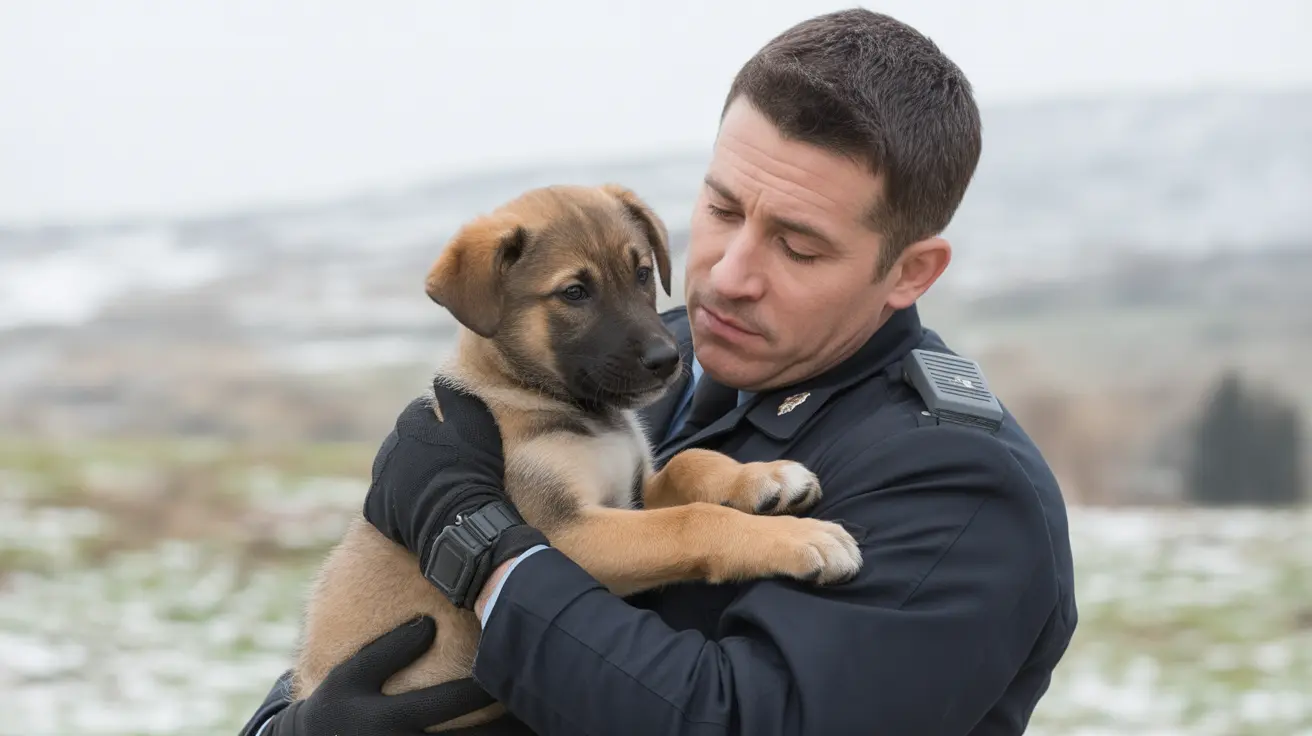Recognizing Gastroenteritis Stool in Dogs: What Pet Owners Should Know
When your dog is dealing with
gastroenteritis, understanding the visual cues in their stool can be a vital step in identifying the condition and taking swift action. Gastroenteritis is the inflammation of the stomach and intestines, leading to several digestive disturbances—most notably
diarrhea and
vomiting. Knowing what to look for in your dog's feces can help you consult a veterinarian in a timely manner and begin appropriate treatment.
What Does Gastroenteritis Poop Look Like?
The appearance of your dog’s stool during gastroenteritis may vary depending on the cause and severity of the condition, but common features include:
- Soft to watery consistency: Stools often start loose and become entirely liquid.
- Mucus or slime: This may coat the stool and indicate intestinal irritation.
- Bloody stool: Bright red blood (hematochezia) or darker tar-like stools (melena) may occur in more severe or hemorrhagic cases.
- Unpleasant or foul odor: Feces may smell unusually strong or rancid.
- Frequent, urgent episodes: Your dog may strain or go multiple times with small amounts passed.
These stool characteristics are often accompanied by other symptoms such as
vomiting, lethargy, decreased appetite, fever, abdominal pain, and dehydration.
Causes of Gastroenteritis
Various conditions can trigger inflammation in your dog’s gastrointestinal tract:
- Infections (viruses like parvovirus, bacteria like Salmonella, parasites like Giardia)
- Ingestion of spoiled food, garbage, or foreign objects
- Sudden diet changes or exposure to new treats
- Food allergies or intolerances
- Toxic substances such as certain plants, chemicals, or human medications
- Side effects of medications
- Stress or underlying conditions (pancreatitis, kidney disease, diabetes, etc.)
Risk Factors to Keep in Mind
Some dogs are more prone to developing gastroenteritis:
- Young puppies and small breeds susceptible to dehydration
- Dogs with recent dietary changes
- Dogs exposed to sick animals or unsanitary environments
- Unvaccinated dogs or those with weak immune systems
Diagnosing Gastroenteritis
Veterinarians primarily diagnose gastroenteritis by ruling out more serious conditions. Diagnostics may include:
- Physical examination for signs like dehydration or bloating
- Bloodwork (CBC, chemistry panel) and glucose/electrolyte tests
- Fecal exams to check for parasites or harmful bacteria
- Urinalysis to assess kidney or urinary tract health
- Imaging (X-rays/ultrasounds) if bowel obstruction is suspected
Treatment and Home Care
Treatment depends on symptom severity and underlying cause, but often includes:
- Fluid therapy: Rehydration orally, subcutaneously, or intravenously
- Bland diet: Home-cooked chicken and rice or veterinary prescription foods
- Anti-nausea medications like maropitant or metoclopramide
- Probiotics: Restore normal gut flora
- Dewormers or targeted antibiotics if parasites or bacterial infection found
- Pain relief and gastrointestinal protectants as needed
Strictly follow veterinary directions, especially regarding diet changes and medications. Antidiarrheal drugs should be used only under veterinary supervision and avoided in suspected obstructions.
Recovery Expectations
Simple cases often improve within a day or two; more serious or chronic episodes may need extended treatment. As your dog recovers:
- Provide frequent but small, easy-to-digest meals
- Ensure access to fresh water at all times
- Monitor stool consistency and any recurrence of symptoms
Prevention Tips for Pet Owners
Reduce your dog's risk of developing gastroenteritis by following these guidelines:
- Feed a consistent, high-quality diet
- Avoid human table scraps and high-fat foods
- Keep garbage, toxins, and foreign objects out of reach
- Maintain routine vaccinations and parasite control
- Prevent exposure to sick or unvaccinated animals
When to Visit a Veterinarian
Seek veterinary care promptly if your dog has:
- Blood in stool or vomit
- Persistent vomiting or diarrhea
- Refuses food or water
- Extreme lethargy or signs of pain
- Increased symptoms despite home care
With proper diagnosis and care, the prognosis for dogs with uncomplicated gastroenteritis is excellent. Early intervention significantly improves recovery and reduces the risk of complications.





